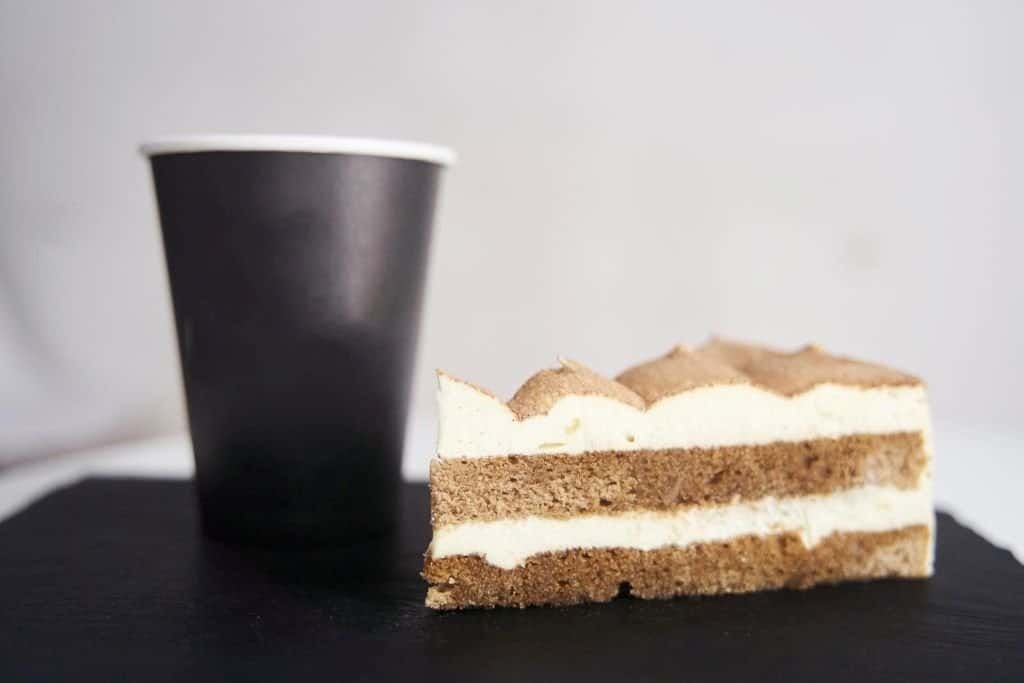Many coffee drinkers love the rich, bold flavor of dark roast coffee. However, the oils that give dark roast coffee its signature flavor can also cause problems. Oily coffee beans can clog up your coffee grinder and brewing mechanism, leaving you with a broken machine and a disappointing cup of coffee. Fortunately, there are ways to avoid oily coffee beans and keep your coffee equipment in good working order.
One way to avoid oily coffee beans is to choose a lighter roast. Light roast coffee beans are less oily than dark roast beans, which means they are less likely to clog up your coffee grinder and brewing mechanism. If you prefer the bold flavor of dark roast coffee, look for beans that are labeled as “medium roast” or “city roast.” These beans are roasted for a shorter amount of time than dark roast beans, which means they are less oily.
Another way to avoid oily coffee beans is to store your beans properly. Oily coffee beans are more likely to go rancid than non-oily beans, so it’s important to store them in an airtight container away from light and heat. Make sure to use your oily beans within a week of roasting to ensure maximum freshness. By following these tips, you can enjoy a delicious cup of coffee without worrying about clogged equipment or rancid beans.
Understanding the Causes of Oily Coffee Beans

Coffee beans are an essential part of the coffee-making process, and their quality can significantly affect the taste and aroma of the final product. One of the main concerns when it comes to coffee beans is their oiliness. While some coffee enthusiasts prefer oily beans, others find them unappealing and even problematic. This section will explore the causes of oily coffee beans and how to avoid them.
The Role of Roasting
The way coffee beans are roasted greatly affects their oiliness. Longer roasting makes beans darker and oilier. Coffee beans have natural oils that come out when they’re roasted for a certain time. As the beans get hotter, their structure changes, letting the oils come to the surface. So, darker roasted beans are usually oilier than lighter ones.
The Type of Coffee Beans Used
The type of coffee beans used is another factor that can affect their oiliness. Arabica beans, which are the most commonly used beans in specialty coffee, tend to be less oily than Robusta beans.
Robusta beans are known for their high caffeine content and their bitter taste, but they also tend to be more oily than Arabica beans. Therefore, if you want to avoid oily coffee beans, you may want to opt for Arabica beans instead of Robusta beans.

The Brewing Method
The brewing method can also affect the oiliness of coffee beans. For example, if you use a French press or a percolator, the coffee will be in contact with the beans for a more extended period, which can extract more oils from the beans.
On the other hand, if you use a drip coffee maker or an espresso machine, the contact time between the water and the beans is shorter, which can result in less oily coffee. Therefore, if you want to avoid oily coffee, you may want to consider using a drip coffee maker or an espresso machine instead of a French press or a percolator.
Tips for Avoiding Oily Coffee Beans
If you are looking to avoid oily coffee beans, there are several things you can do to ensure that your coffee tastes fresh and flavorful. Here are some tips to help you avoid oily coffee beans:
Selecting the Right Coffee Beans
When selecting coffee beans, look for beans that have a dry, matte finish rather than a shiny, oily appearance. This is because the oils on the surface of the beans can become rancid and negatively affect the taste of your coffee. Additionally, choose beans that have been roasted within the last two weeks for the freshest taste.
Storing Coffee Beans Properly
Proper storage of coffee beans is essential to prevent them from becoming oily. Store your coffee beans in an airtight container in a cool, dry place away from direct sunlight. Avoid storing your beans in the refrigerator or freezer, as this can cause moisture to accumulate and negatively affect the taste of your coffee.
- Freshness is Everything – Our coffee canisters help maintain the freshness of your coffee beans by keeping air out and free of harmful oxidation with a one-way CO2 valve and silicone rubber seal.
- Date Tracker & Free Scoop – Ensure your coffee is always fresh and not expired. You can set the storage or expiry dates with the date tracker on the lid of your Veken coffee storage canister. We also…
- 304 Stainless Steel – As a coffee lover, you must never compromise on the material and quality of your coffee container. Veken containers are made of thick, high quality stainless steel to create a…
Using the Correct Brewing Technique
The brewing technique you use can also affect the oiliness of your coffee. Avoid using too much coffee or brewing for too long, as this can result in oily coffee. Instead, use the recommended amount of coffee and brew for the recommended amount of time. Additionally, avoid using super-automatic espresso machines, as these tend to produce oily coffee.
Cleaning Your Coffee Equipment Regularly
Regular cleaning of your coffee equipment can help prevent the buildup of oils and residues that can lead to oily coffee. Clean your coffee grinder and brewing equipment after each use, and descale your equipment regularly to remove mineral buildup. Additionally, consider using a coffee machine cleaner to deep clean your equipment periodically.
Conclusion
After researching and analyzing the information available, it is clear that oily coffee beans can cause problems for coffee makers and lead to a less-than-ideal cup of coffee. However, it is important to note that not all oily coffee beans are bad, and some people may actually prefer the flavor profile that they provide.
For those who want to avoid oily coffee beans, there are several steps that can be taken. First, look for beans that are labeled as “low oil” or “non-oily.” These beans are typically lighter roasts and will have less oil on the surface. Second, consider switching to a manual brewing method, such as a French press or pour-over, which can better handle oily beans.
Another option is to adjust the brewing temperature and grind size. Using a lower temperature and a coarser grind can help reduce the amount of oil that is extracted from the beans during brewing. Finally, make sure to clean the coffee maker regularly to prevent oil buildup and clogs.
Overall, avoiding oily coffee beans may require some experimentation and trial and error, but the effort can lead to a better cup of coffee in the end.





